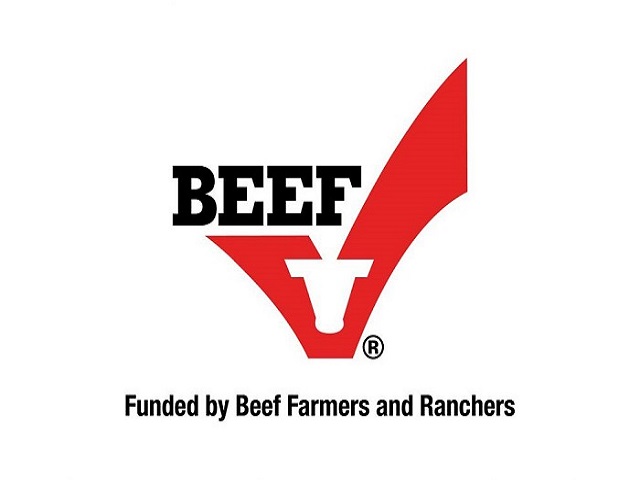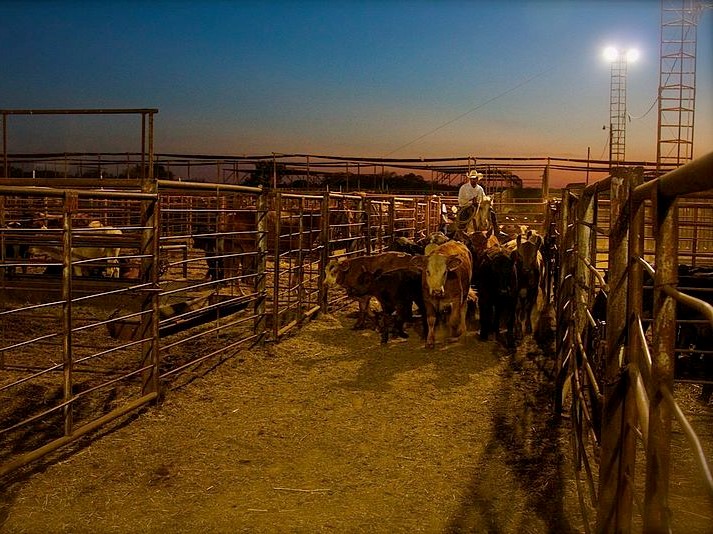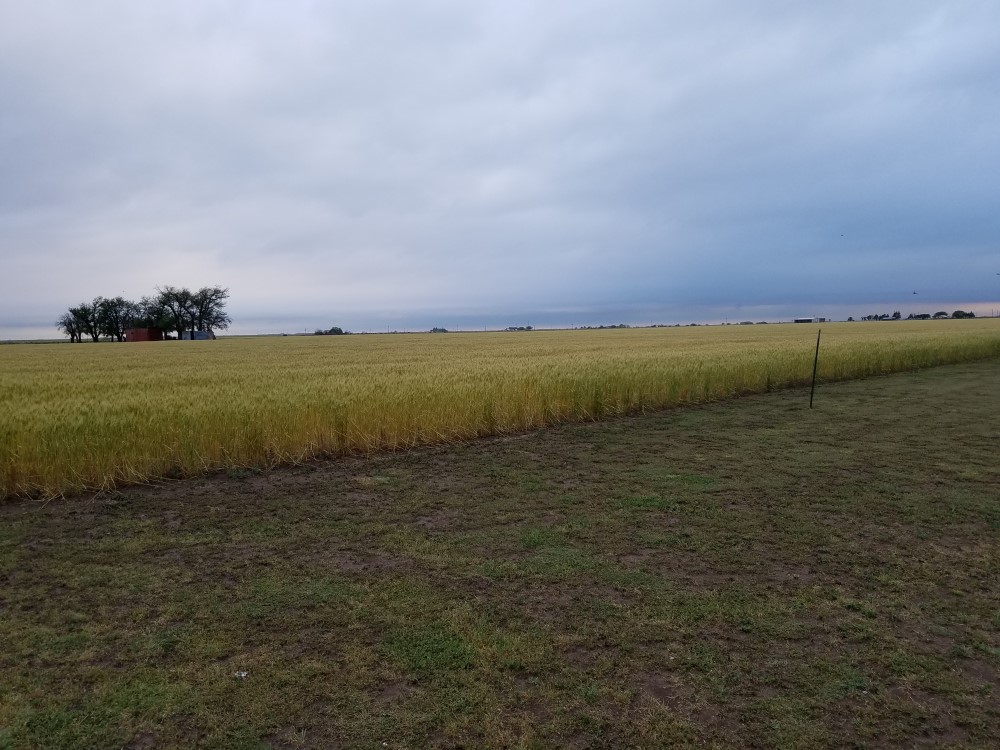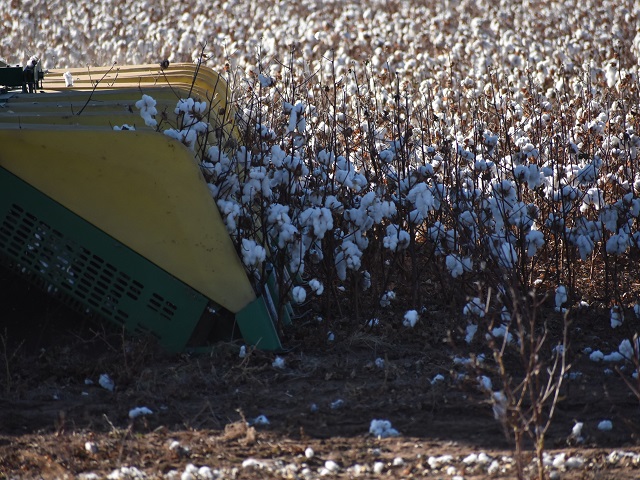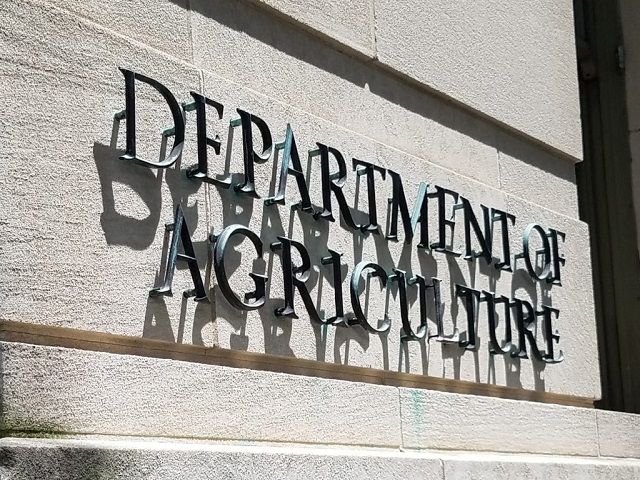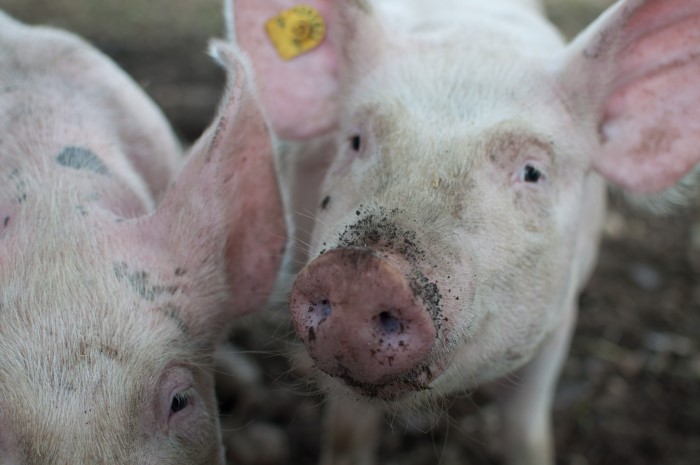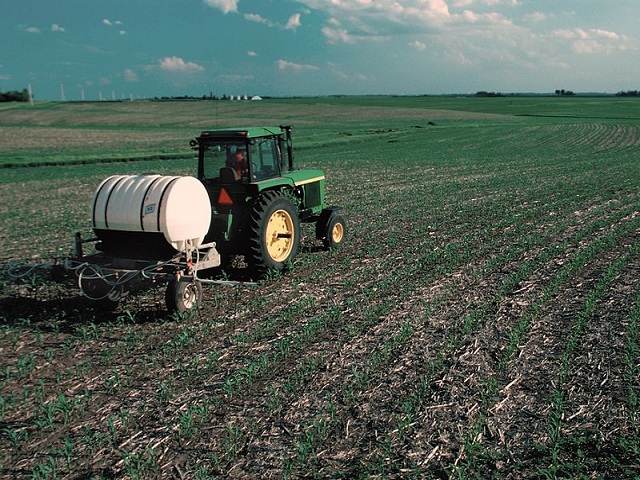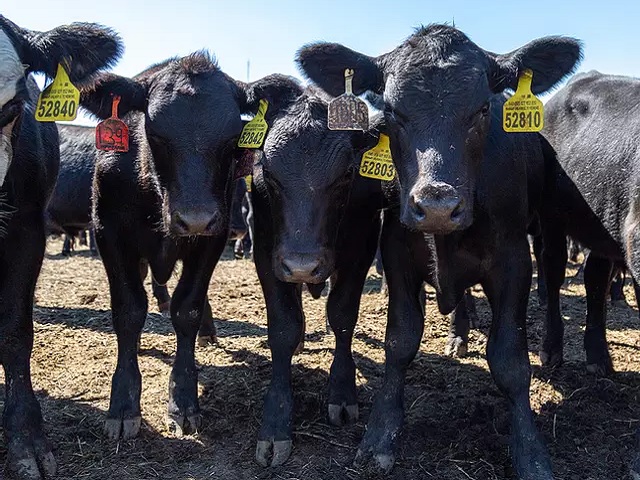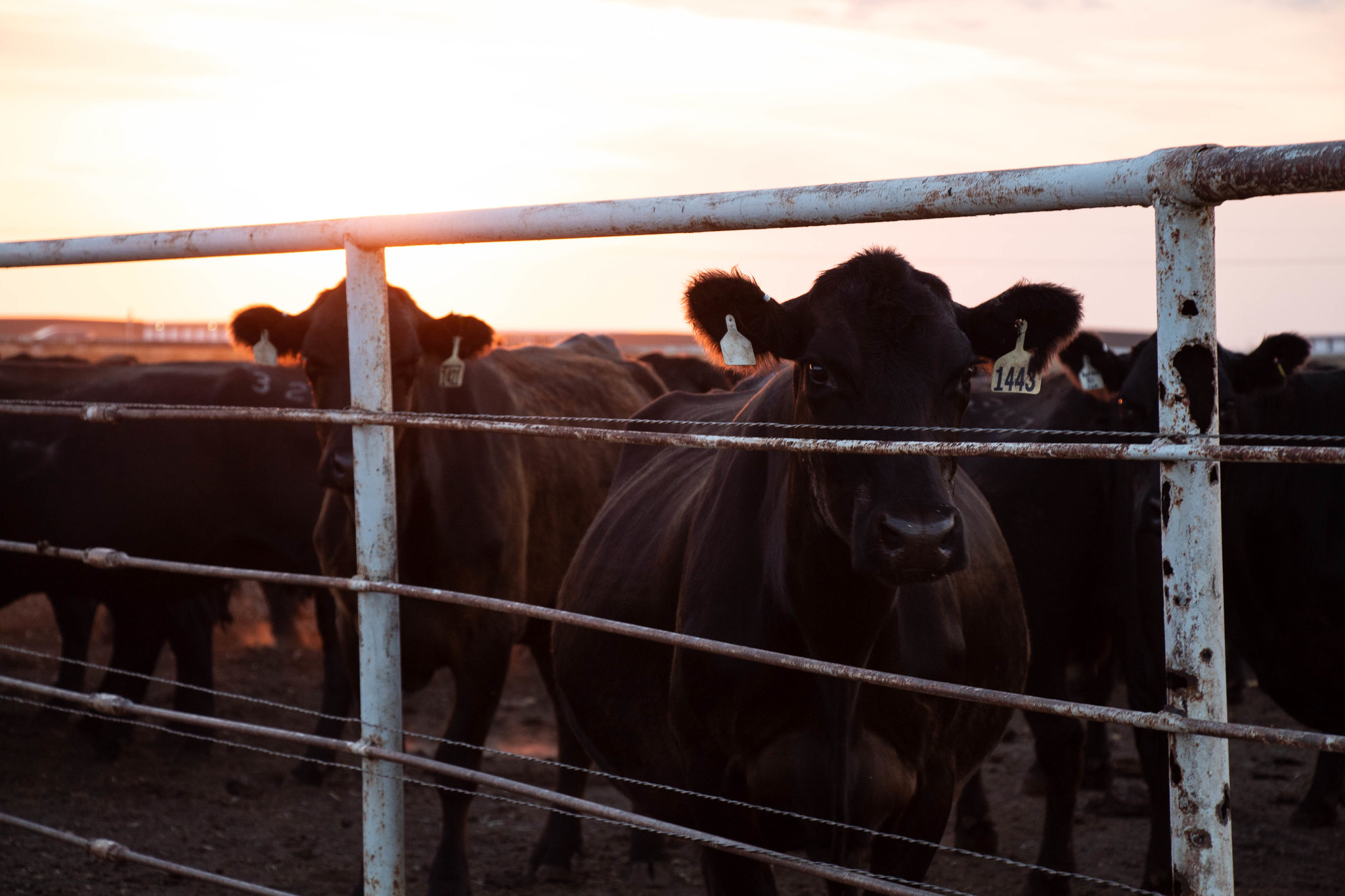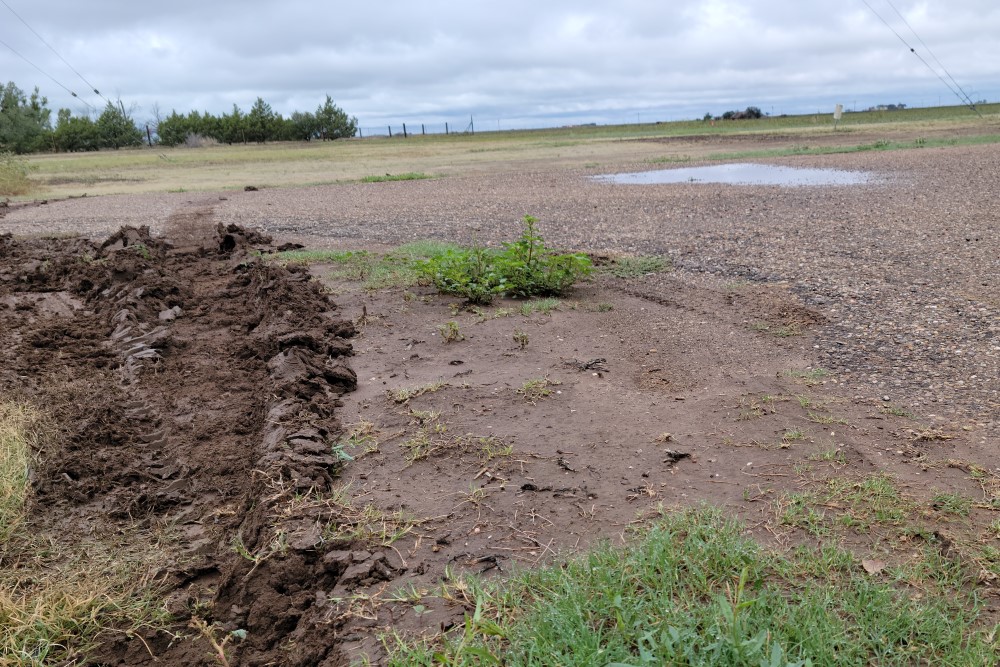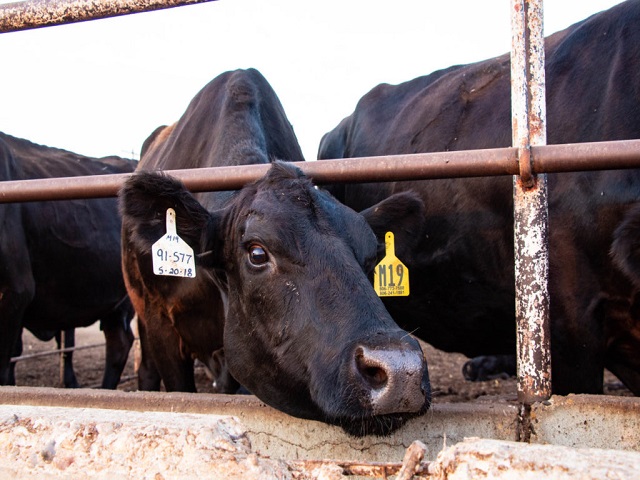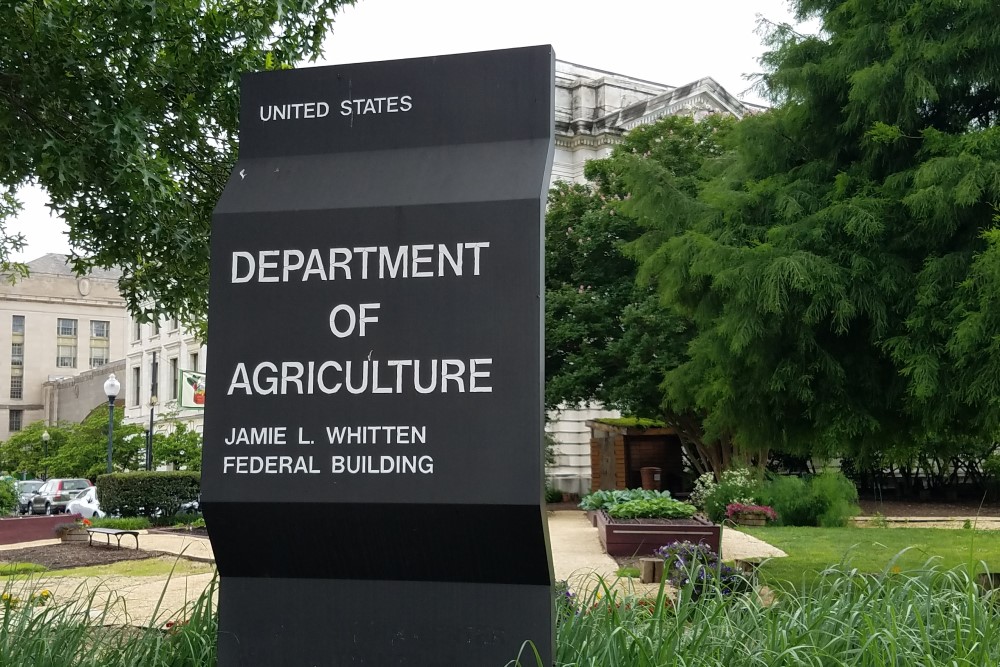Lenders Ring Warning Bell as Energy Sector Struggles
DALLAS, TX – The Eleventh Federal Reserve District, which consists of Texas, northern Louisiana and southern New Mexico, reports a dire situation in the energy sector of the region. According to the Federal Reserve’s latest Beige Book report, drilling and completion activity fell sharply toward the end of the reporting period in response to a collapse in West Texas Intermediate (WTI) crude oil prices. Many producers are evaluating which wells need to be shut-in, particularly as physical storage capacity for oil depletes rapidly. Firms said they are unable to access capital through credit markets, prompting concerns about a sharp increase in bankruptcies. Domestic crude production is projected to decline by year-end, but there is wide disagreement on how far it will fall. In agriculture, recent rainfall remedied drought conditions across most of the district. Wheat demand and prices rose due to increased purchases of bread and pasta during the coronavirus pandemic. Contacts expect some farmers will switch away from cotton to wheat or other grains this year, as cotton prices have plummeted and could slip further as consumers pare back discretionary spending on clothing. On the livestock side, pasture conditions were favorable and prices for cattle ready for feedlots increased because of pandemic-related increased demand for beef. Meatpackers have seen higher revenues in recent weeks as grocery stores increased orders and beef and chicken prices have also experienced slight rallies as well.















